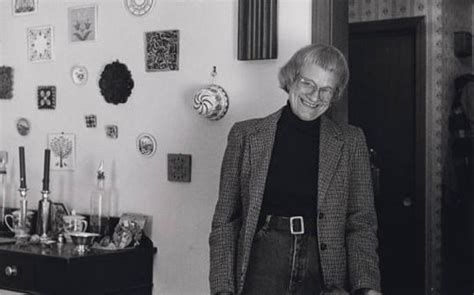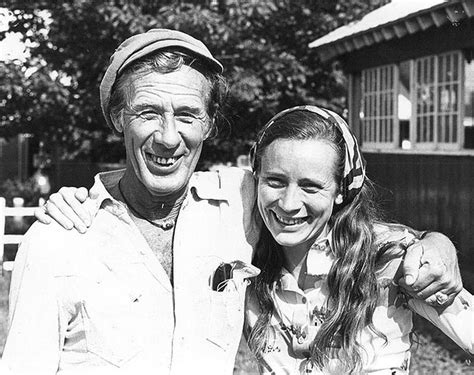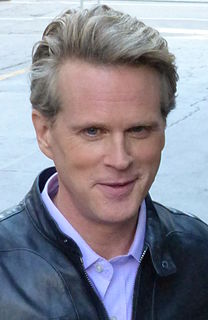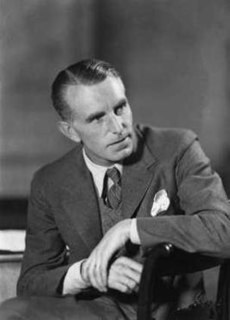A Quote by Emma Donoghue
I have never been depressed or thrown a plate, which I attribute to the cathartic effects of writing books about people whose lives are more grueling than mine.
Related Quotes
A great many wise sayings have been uttered about the effects of solitary retirement; but the motives which impel men to seek it are not more various than the effects which it produces on different individuals. One thing is certain, that those who can with truth affirm that they are "never less alone than when alone," might generally add that they never feel more lonely than when not alone.
My writing books with positive gay characters has come more out of anger than anything else: anger at not having been able to find honest, accurate books about people like myself as a teen, books that show we're as diverse as straight people and that we can lead happy, healthy, productive lives just as straight people can.
If there be one attribute of the Deity which astonishes me more than another, it is the attribute of patience. The Great Soul that sits on the throne of the universe is not, never was, and never will be, in a hurry. In the realm of nature, every thing has been wrought out in the august consciousness of infinite leisure; and I bless God for that geology which gives me a key to the patience in which the creative process was effected.
Do you wish to learn? There are books that can teach you anything, and there is no cheaper form of education, nor one whose effects are more lasting. My education came from books, and they have been my companions by many campfires, in bunkhouses, ships' forecastles, in hotels and on planes. No matter where you find me, I am never far from a book.
I was raised in Harlem. I never found a book that took place in Harlem. I never had a church like mine in a book. I never had people like the people I knew. People who could not find their lives in books and celebrated felt bad about themselves. I needed to write to include the lives of these young people.
I believe that half the trouble in the world comes from people asking 'What have I achieved?' rather than 'What have I enjoyed?' I've been writing about a subject I love as long as I can remember--horses and the people associated with them, anyplace, anywhere, anytime. I couldn't be happier knowing that young people are reading my books. But even more important to me is that I've enjoyed so much the writing of them.
My take is that there's two ways to approach history. You sit in your armchair and you watch it on the news and you return to your PlayStation. Or you get out in the streets and you make it. Like, when those Supreme Court justices, you know, legalize desegregation, it wasn't due to their infinite wisdom. It's because people whose names you do not read about in history books, people whose faces you will never see, were the ones who struggled and sacrificed, sometimes gave their lives, to make this country a more equal one. When, it's like those people don't make history, it's us.
I realized clearly, perhaps for the first time, what strained and anxious lives dogs must lead, so emotionally involved in the world of men, whose affections they strive endlessly to secure, whose authority they are expected unquestioningly to obey, and whose mind they never can do more than imperfectly reach and comprehend.







































